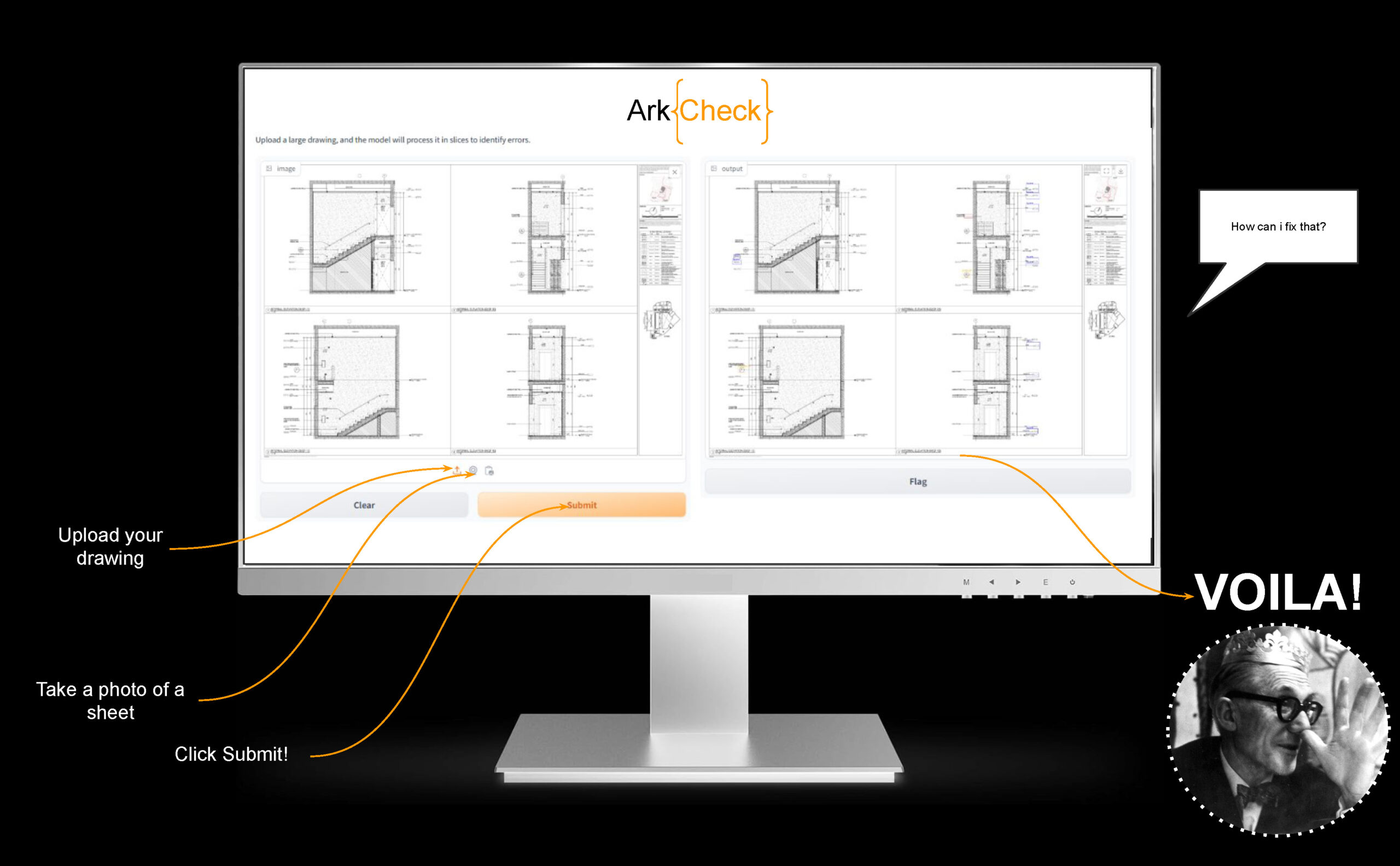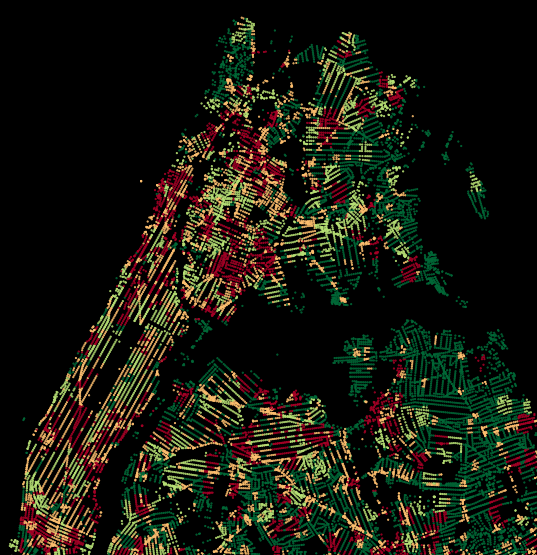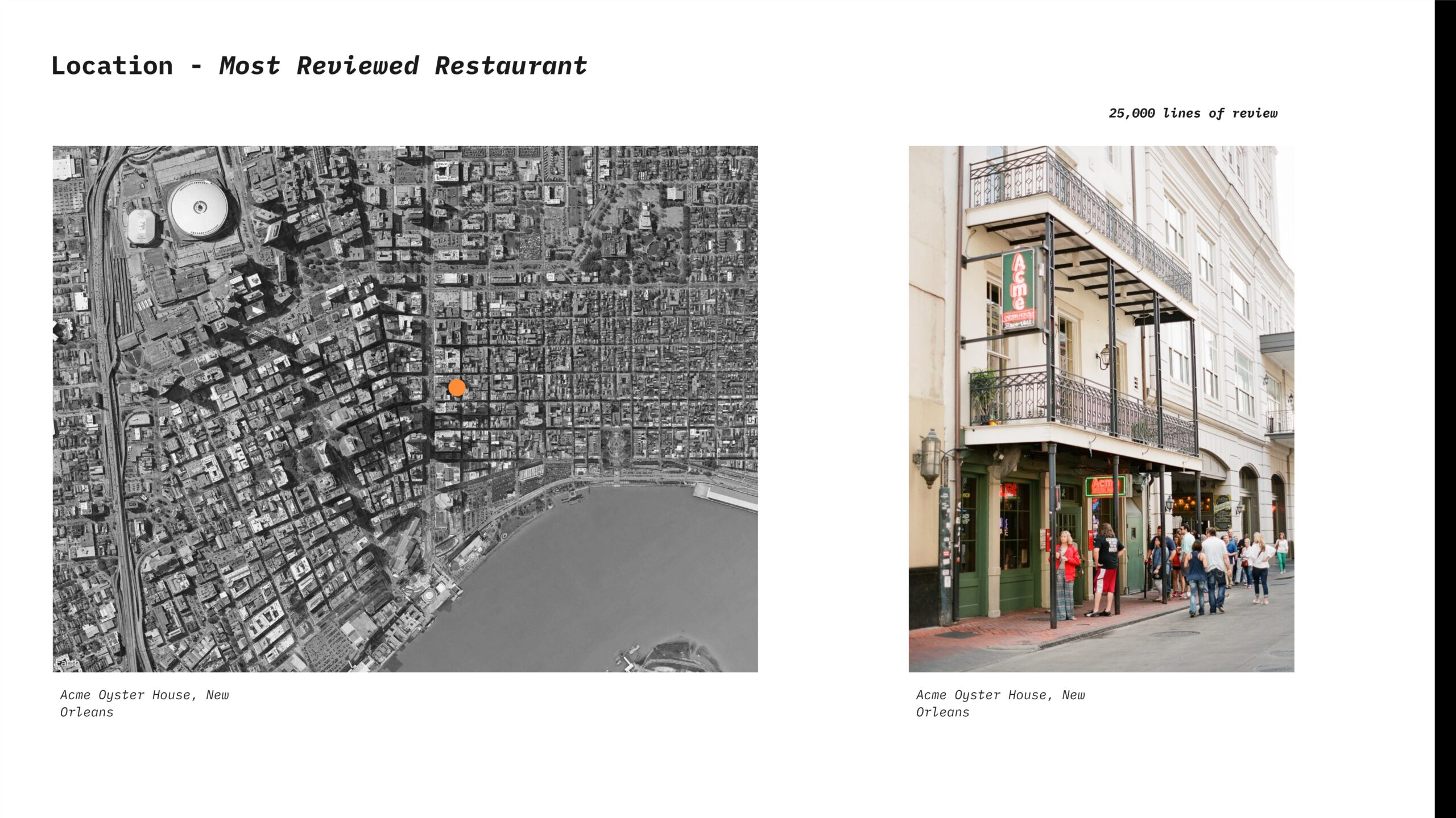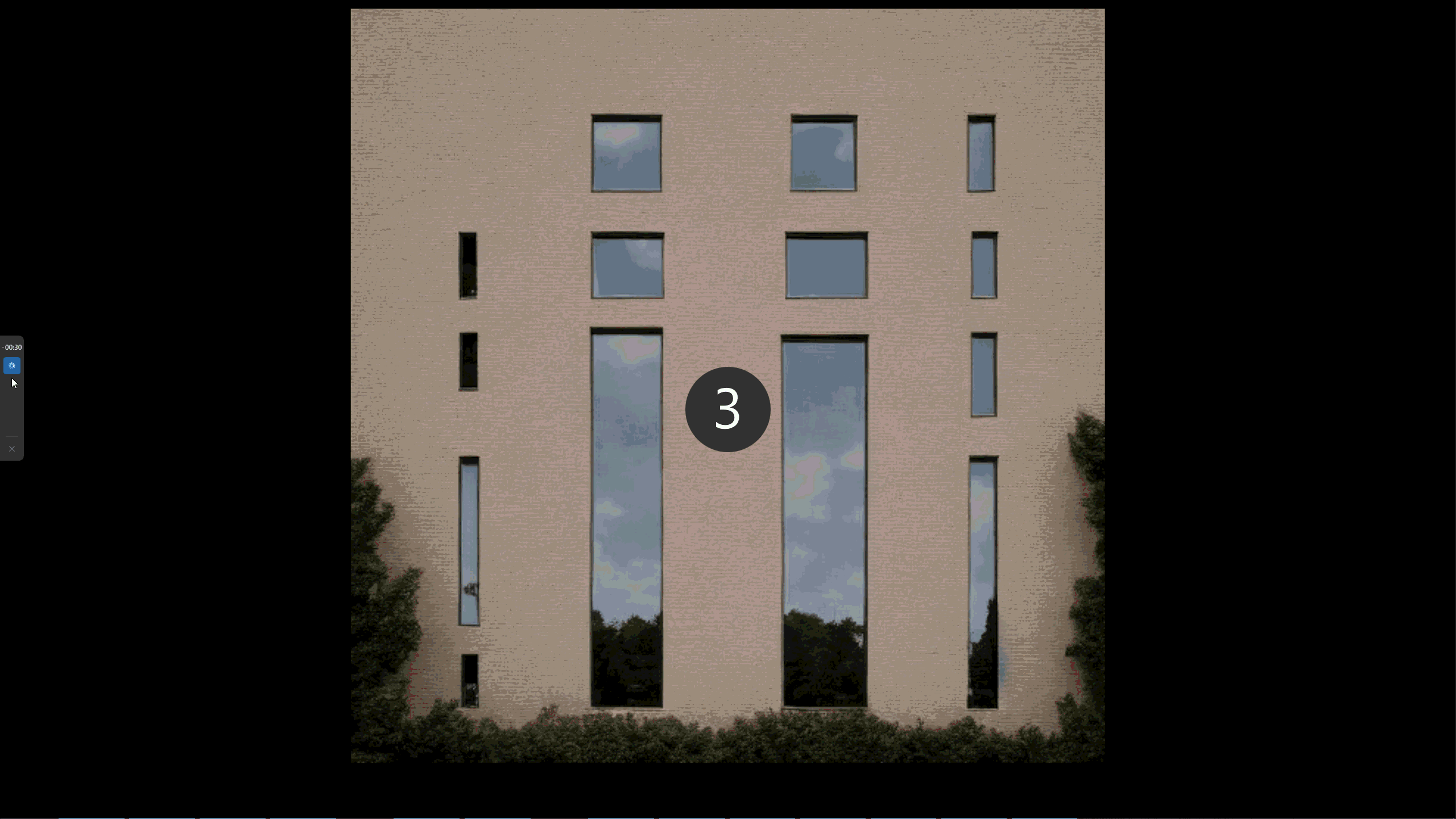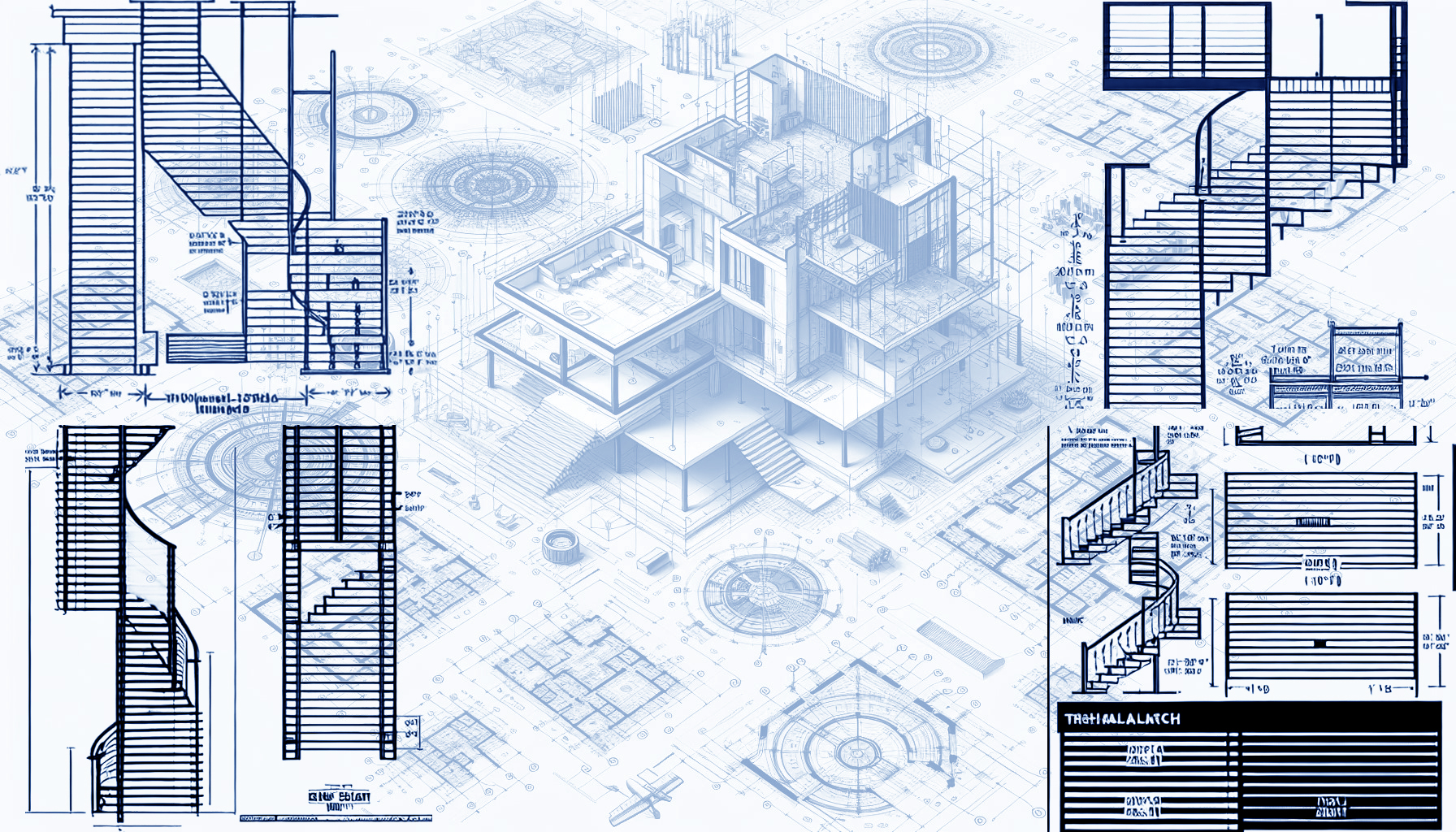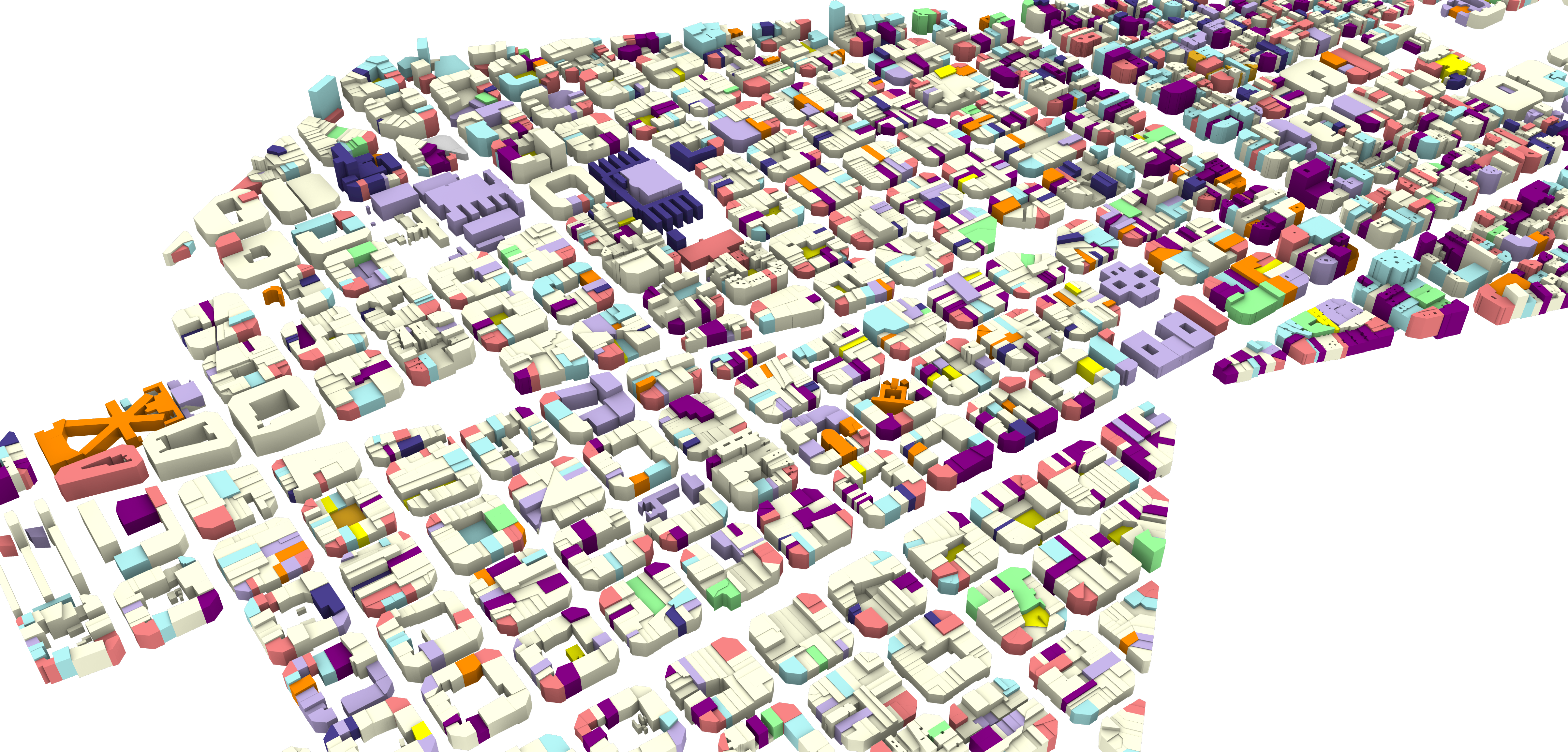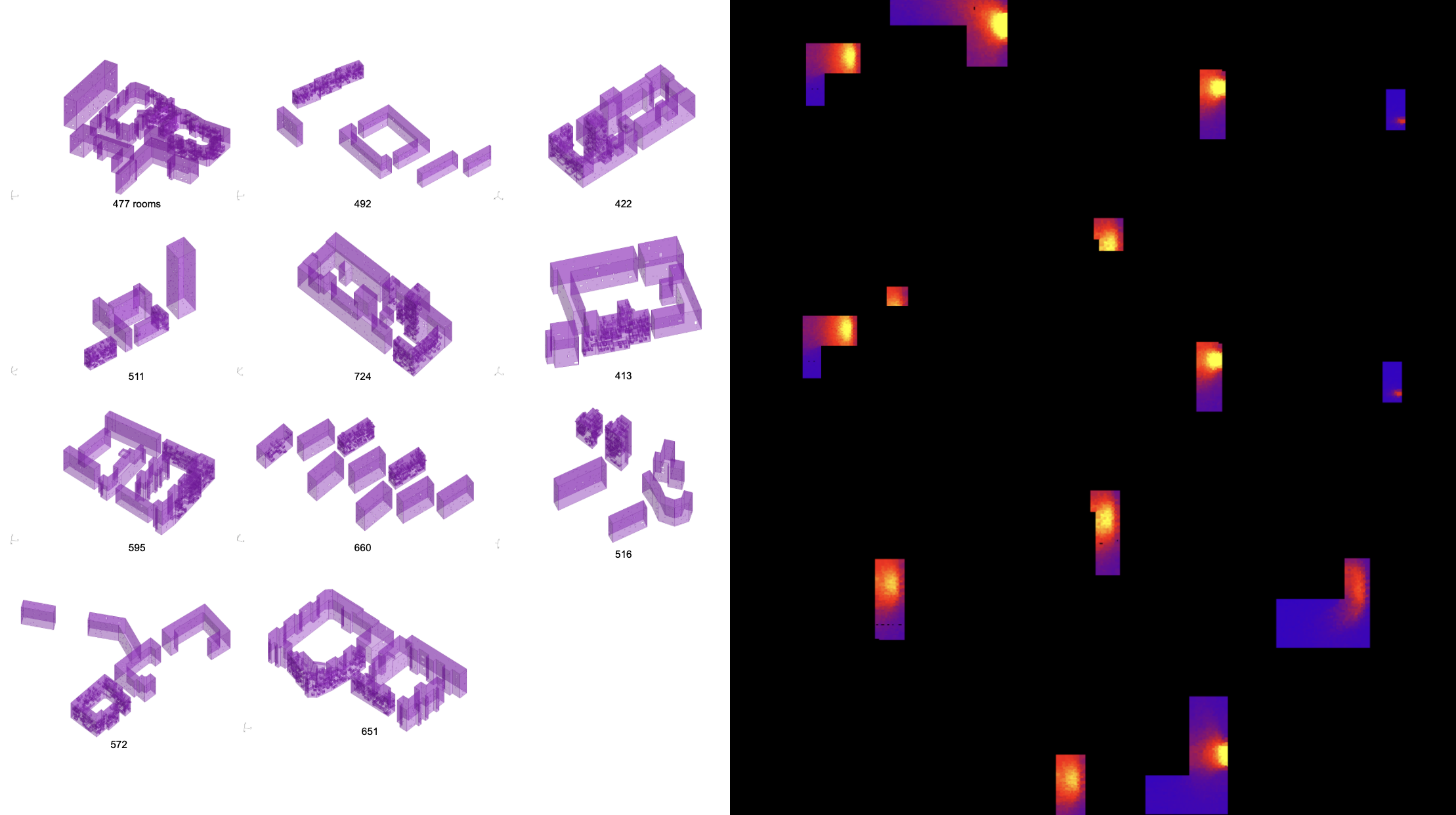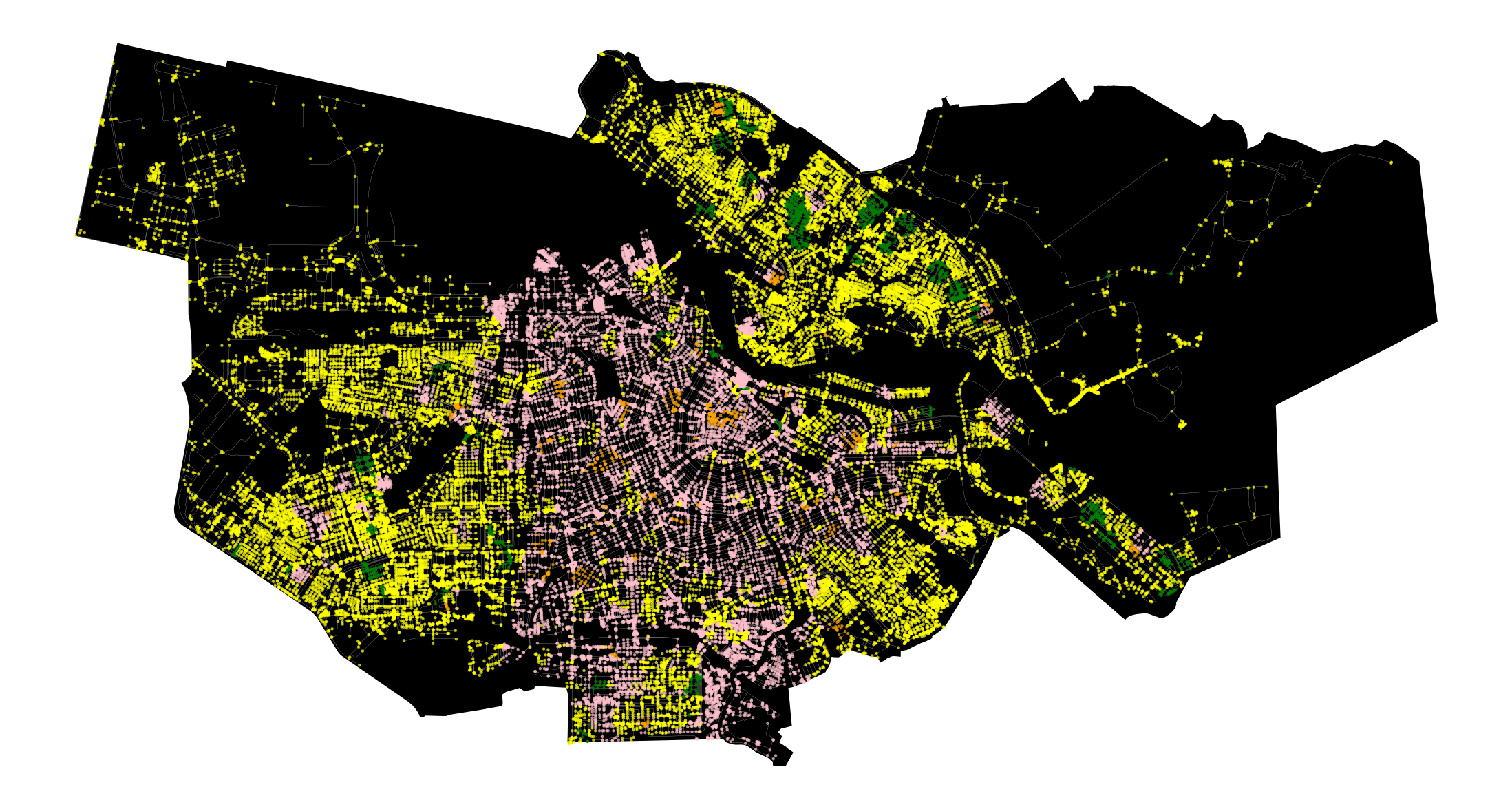Pix2Daylight
Daylight autonomy is a climate-based metric that measures the percentage of occupied hours during which a given space receives a specific amount of light, typically 300 lux, through natural daylight alone. It is used to evaluate energy efficiency in building designs by evaluating how much artificial lighting can be reduced throughout the year (Lorenz et … Read more


